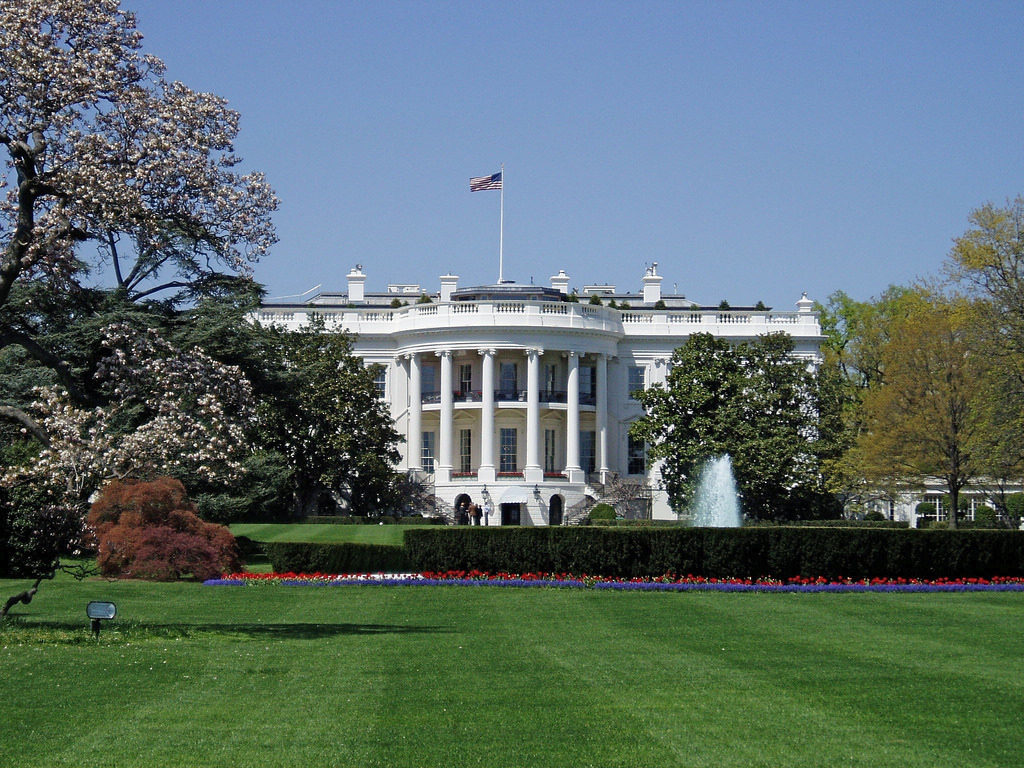“Over the years, the United States has lost hundreds of billions of dollars to the European Union and we just want it to be a level playing field for our farmers, our manufacturers, for everybody,” President Donald Trump said during a meeting in the Oval Office Wednesday with European Commission President Jean-Claude Juncker and top trade official Cecilia Malmström. Nevertheless, the President described Juncker as a “very smart and a very tough man” who represents the European Union (EU) nations well, according to a report from the Wall Street Journal.
“We are close partners, allies, not enemies, we have to work together,” responded Juncker.
The meeting seemed to foster a bit of a relaxed view over the trade negotiations between the U.S. and Europe, with the President and the European delegation conceding an effort to avoid an all-out trade war. Trump said that, “‘the United States would be very pleased,’ to create a trade partnership where there are no tariffs, no barriers, and no subsidies.”
Juncker and Malmström agreed at the White House to work with the Trump Administration to lower industrial tariffs on both sides, increase liquefied natural gas (LNG) exports to Europe, and “buy a lot of soybeans.” Furthermore, agreements are being placed to align regulatory standards to allow for U.S.-derived medical devices to have better market access in the EU.
Both sides are still working to have a common idea on automotive tariffs, one official with the European delegation said. Last week, Trump threatened “tremendous retribution” if the White House meeting with EU officials did not lead to a “fair auto-trade deal,” in his mind.
Following the news, the Dow Jones Industrial Average was up 0.7 percent, signaling a positive market move.
The meeting also comes as President Trump is set to meet with lawmakers to decide on the ramifications of his Administration’s plan for a $12 billion bailout for farmers hit by retaliatory tariffs imposed by U.S. trading partners.
